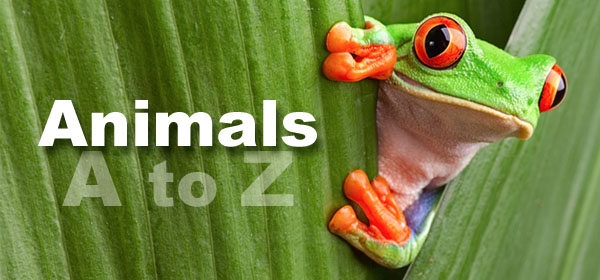December is well known for being a month of celebration, with Christmas fast approaching (less than 2 weeks to go everyone!), festivities and high spirits are all around. However before Christmas arrives there’s another, admittedly lesser known, day of celebration I’d like to draw your attention to!
December 14th 2019 will mark the 19th annual occurrence of Monkey Day – a day to celebrate some of our closest relatives on the planet.
The origin of Monkey Day
Monkey Day actually started out as a bit of fun. In the year 2000, two art students from Michigan State University jokingly named the day as a light hearted way to battle the winter blues, dressing up as monkeys with their school friends and doing their best monkey impressions. However after memorialising their day of fun in their artwork which later went on to be published, the day has since evolved to become an internationally recognised day that provides a fantastic opportunity to promote the cause of endangered primate species and highlight the threats that they face.
And despite the misleading name, Monkey Day is not exclusive to monkeys alone – the celebration extends to all branches of the primate order (aside from us humans of course, I think its safe to say we have plenty of other days to celebrate our own existence).
With that being said, I’m sure some of you may be thinking “are primates and monkeys not the same thing anyway?”…
So first fun fact for today’s blog is no they’re not; while all monkeys are indeed primates, not all primates are monkeys! The primate order also includes a range of other non-human primates such as apes, lemurs, lorises and tarsiers. There are over 700 different species of primate recognised today, with approximately 260 of those being monkeys.
Primates at the park
Here at Wingham Wildlife Park we’re home to a pretty big family of primates of our own. In fact in terms of numbers, at the present time our primate team are caring for 85 individual primates covering 20 different species so to celebrate Monkey Day this year we’d love to say “Did you know?” and share some interesting and unusual facts about some of our beautiful residents on the primate section.
- 1. Did you know?
The canines of a male mandrill can grow to the same length, and sometimes even larger than those of a lion!
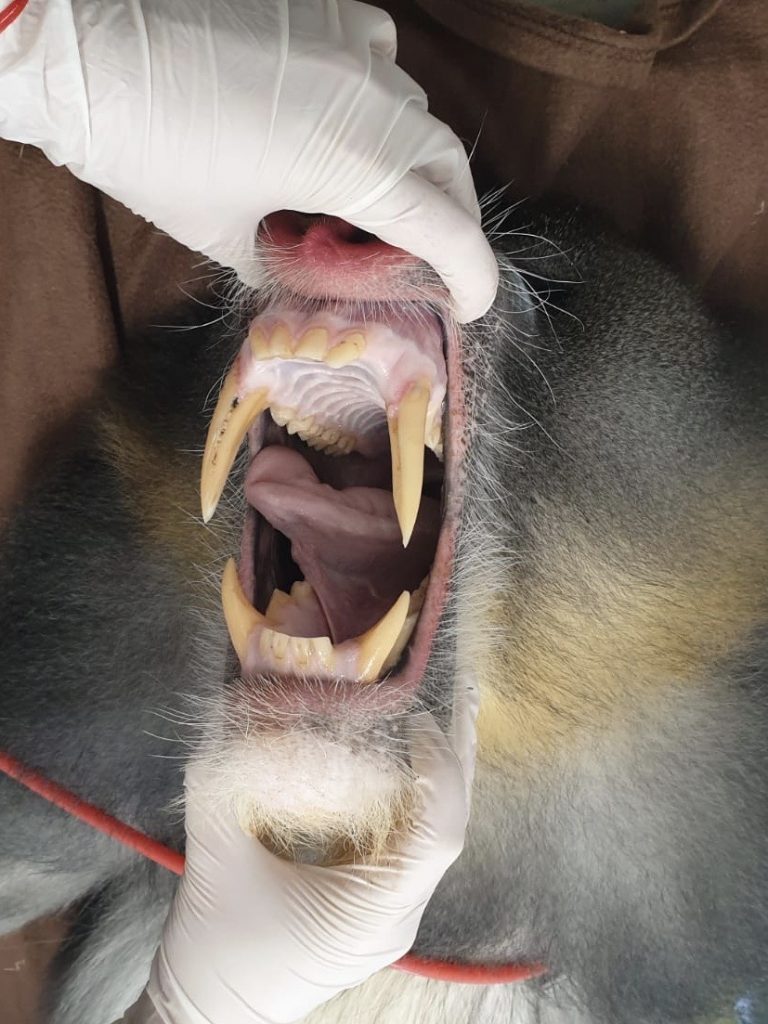
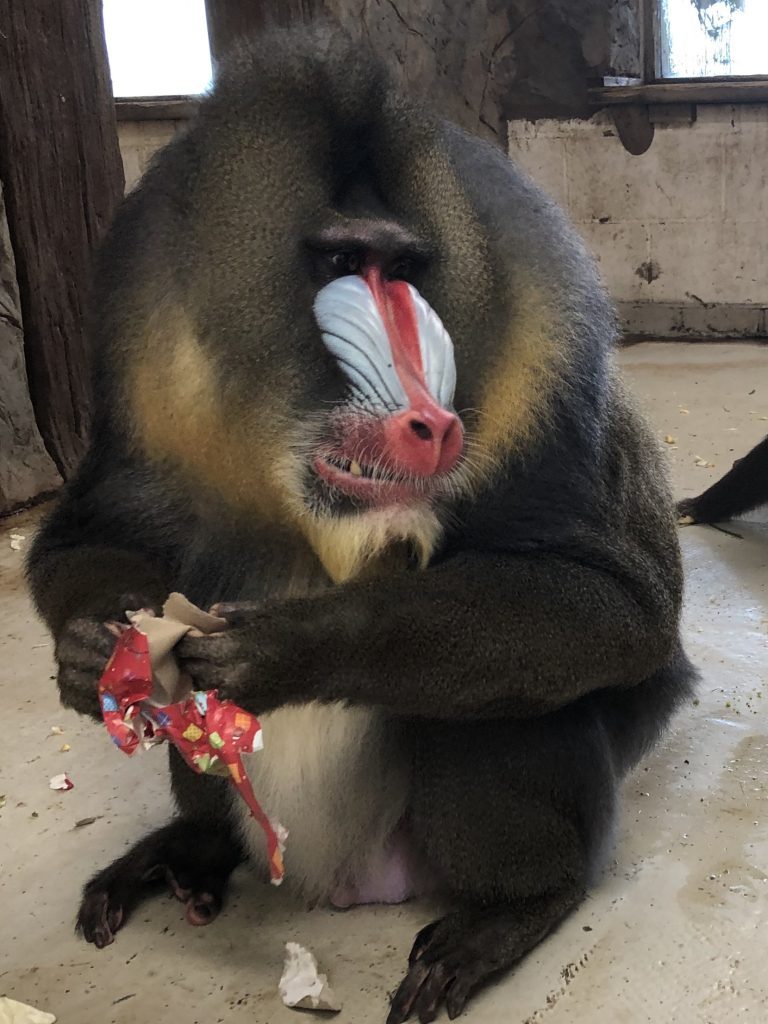
The Mandrill is also the largest living monkey on earth, with males having been known to reach weights of 50kg and higher. That, alongside their incredible colouration, make for a pretty impressive species. We have a group of 8 with us here at the park, who you can find living opposite our tigers Troy and Blade
- 2. Did you know?
On the flip side of the coin, the world’s smallest species of monkey weighs only 100g! That’s the pygmy marmoset, and whilst we don’t have any here at Wingham, our sister park Sandwich Wildlife Park is home to a pair of these little guys
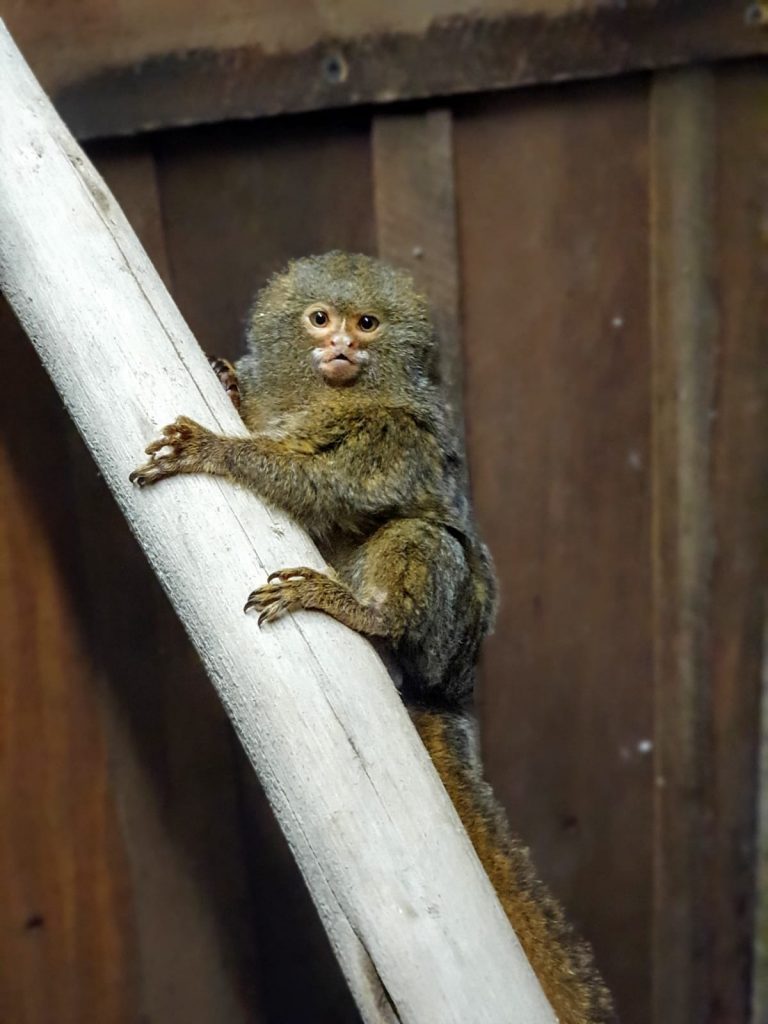
- 3. Did you know?
There is only one species of monkey that is fully nocturnal – the aptly named Night Monkey (sometimes also referred to as the Owl Monkey) and we’re lucky enough to have a group of them here at the park.
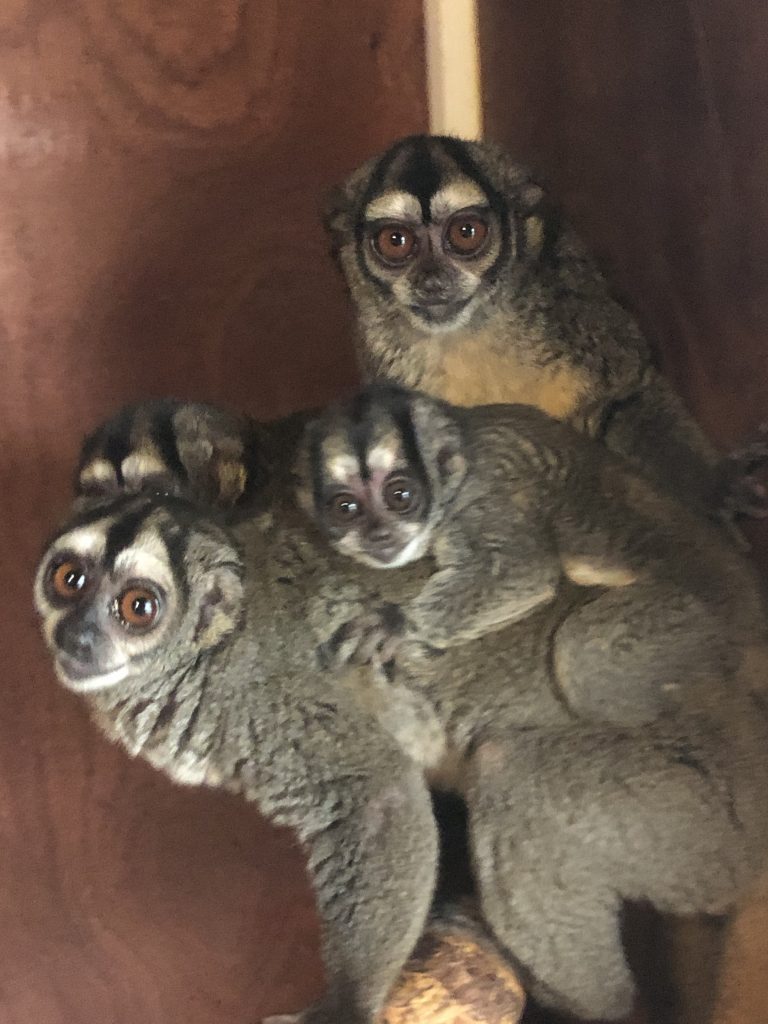
In fact the specific subspecies of Night Monkey we have here at Wingham, the Spix’s Night Monkey, are the only individuals of their kind to be housed anywhere in Europe, and the young that have been born here are the first to have been born outside of South America.
- 4. Did you know?
A full grown male chimpanzee is 5-8 times stronger than an adult male human – they can pull weights of over 400kg with one arm!
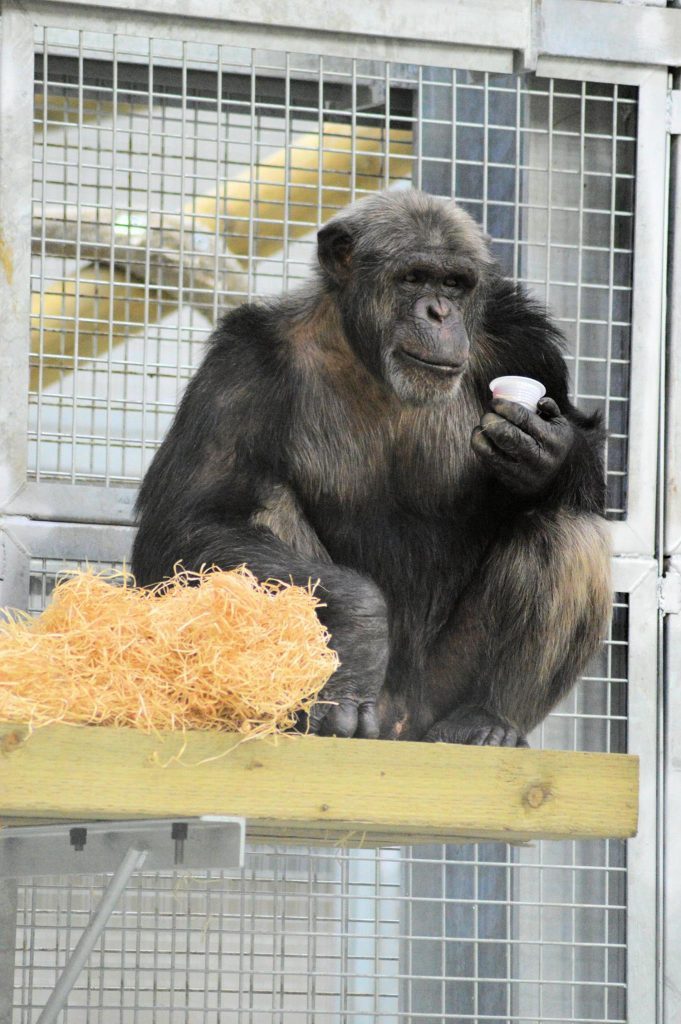
With a weight fluctuating between 70 and 80kg, this means that Lucas is able to pull around almost 5 times his own body weight with a single arm – I don’t recommend anyone trying to match this at home, but if you can imagine how hard that would be it gives you some understanding of the sheer power behind these amazing animals.
- 5.Did you know?
The fact that the name Orangutan sounds suspiciously similar to the colour of their fur – orange, is entirely a coincidence. The word Orangutan is actually a combination of Malay/Indonesian words with ‘Orang’ meaning person and ‘Hutan’ meaning forest, therefore Orangutan = ‘person of the forest’.
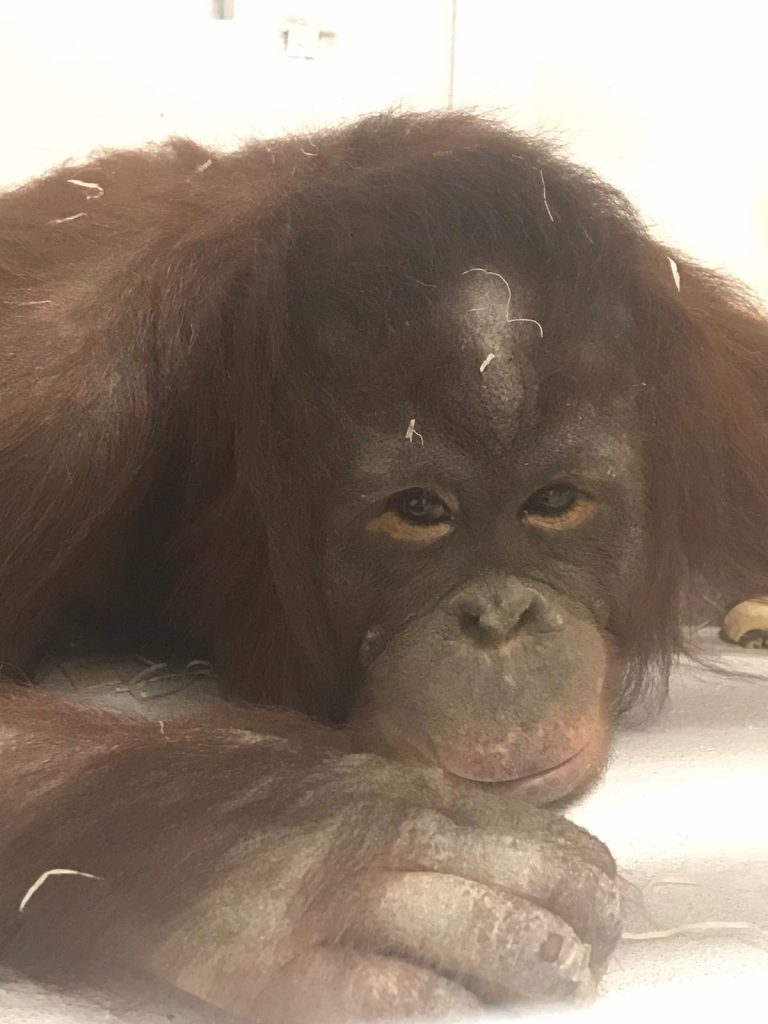
Orangutans also have the longest childhood of any non-human primate, with offspring nursing from their mothers for up to 6 years and often remaining with them for many years beyond that!
Orangutans are a new addition for us here at the park, with our female Molly joining us from Twycross zoo and her new male companion Jin arriving a few weeks later from Monkey World. They’re not currently on public display to allow them time to settle in but it shouldn’t be too much longer before you can come and visit this gorgeous pair, keep your eyes peeled on our social media pages for updates!
- 6. Did you know?
The Barbary Macaque is the only primate species with a wild population on the continent of Europe!
With a population of macaques numbering around 300, Gibraltar is the only place in Europe you’ll see a monkey living in the wild. Naturally this attracts a lot of tourists, however if you do choose to go and visit them please make sure not to feed them! This is an offence punishable by fine, with food being given to them by tourists resulting in them becoming dependent on humans and suffering a range of health issues from eating unsuitable snacks.
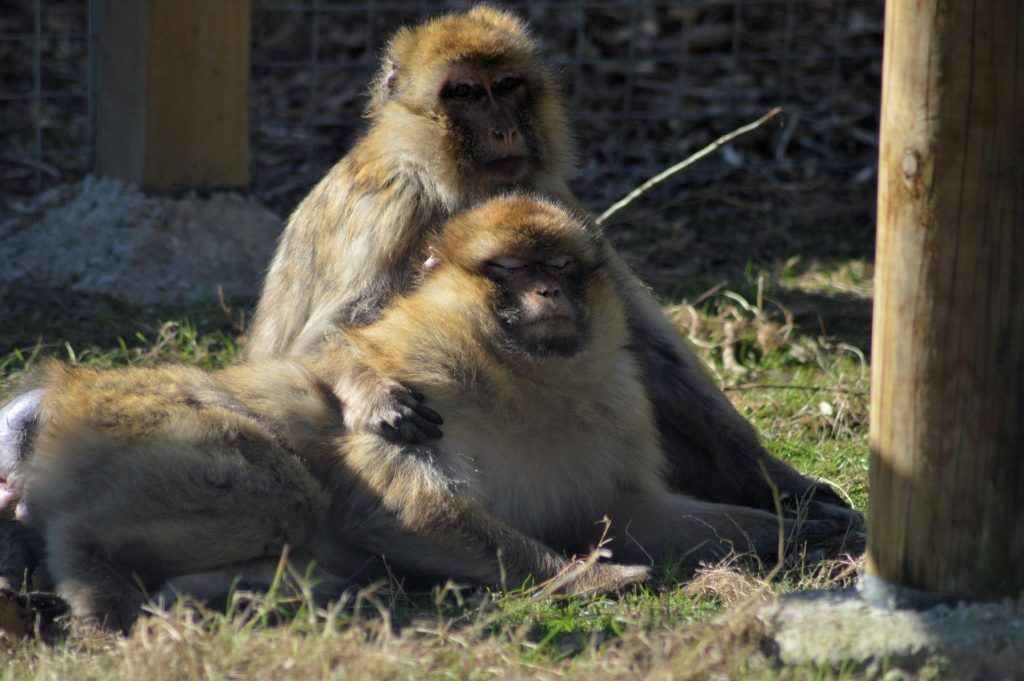
We have a group of 6 Barbary Macaques living with us at the park, all of whom came to us from a sanctuary based in the Netherlands that work to remove primates from the pet trade and other unsuitable situations. Sadly most of our group members had a less than ideal start to their lives, however they’ve settled in to their new home here and you can see from the photo above that they certainly feel at ease now.
- 7. Did you know?
Due to habitat loss and poaching, over half of the world’s primate species are under threat of extinction.
The impact that human action has had on the primate world is catastrophic and it’s devastating to think that without pro-actively working towards changing the way we treat our planet, so many of these amazing animals may not survive long into the future.
That’s why Monkey Day is so important, and a great time to reflect on what we can do to help out closest relatives.
Conservationists all over the planet are working hard to put an end to the destruction, but you don’t have to be an expert to make a difference! There are simple things even you at home can do to help so if you want to feel like you’re making a difference why not give one of the following a try?
- Recycle your old mobile phone – Mobile phones require valuable minerals to manufacture, mining for these minerals is a huge contributor to habitat destruction so by simply recycling an old one, you can help reduce the demand for these. Discover more about this here.
- Use sustainable palm oil products – Palm oil plantations are another major contributor to habitat destruction. Click here to sign our statement which we will send to some of the UK’s biggest supermarket chains on your behalf urging them to give a little more consideration to the products they sell.
- Hold a fundraiser – Do you like organising events? Why not hold a fundraiser and donate the proceeds to a chosen conservation organisation.
- Spread the word – even if you can’t do any of the above, something as simple as spreading the word and raising awareness can make a difference, there’s strength in numbers! And the more support primates get, the better their chances are.

